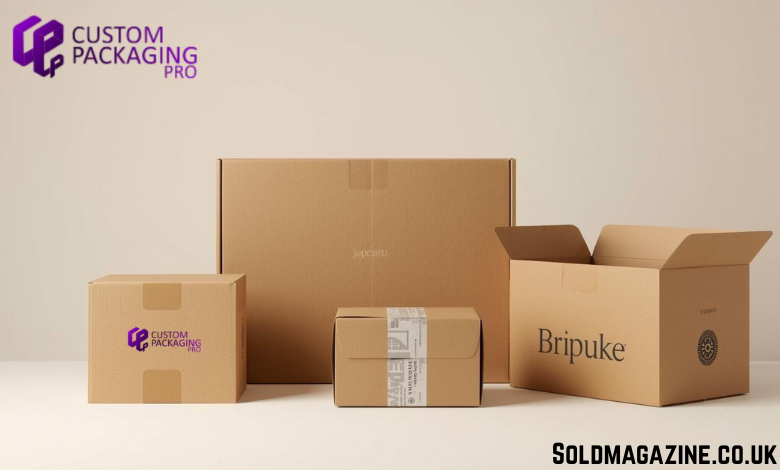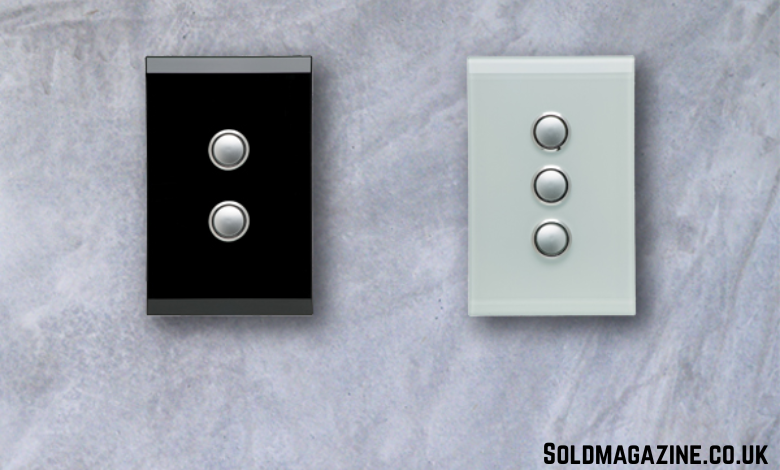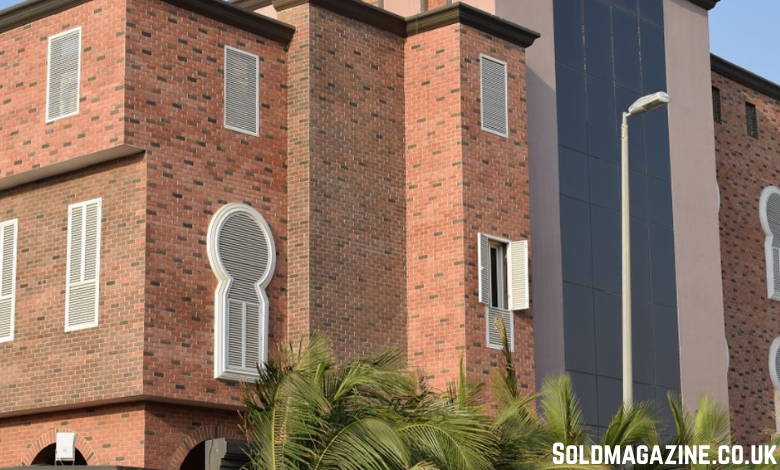Cardboard Boxes Beyond Storage – A Branding and Business Essential
Across industries, cardboard boxes are no longer seen as simple containers. From shipping companies to retail stores, these boxes are an integral part of branding, logistics, and customer experience. A custom cardboard box with a logo not only protects products but also creates an identity that speaks to customers.
Companies are increasingly turning to packaging partners such as Custom Packaging Pro to achieve this balance of functionality, durability, and style. Their expertise in producing corrugated cardboard boxes, shipping cartons, and retail packaging makes them a preferred B2B partner.
Why Businesses Rely on Cardboard Packaging
The demand for cardboard boxes continues to grow because they solve multiple challenges at once:
- Durability and Strength – Corrugated cardboard boxes provide maximum protection for fragile and heavy goods.
- Eco-Friendly – Cardboard packaging is recyclable and biodegradable, meeting both business and consumer expectations.
- Customisation – Companies can order printed cardboard boxes in any size, shape, or style.
- Cost-Effectiveness – Cardboard is affordable compared to plastic and other materials.
- Brand Visibility – Every shipment becomes an advertising opportunity with a branded box.
From small retail shops to large eCommerce operations, cardboard packaging offers a reliable solution.
Industry-Standard Cardboard Box Sizes (inches)
| Box Type | Small (inches) | Medium (inches) | Large (inches) | Extra Large (inches) |
| Regular Slotted Carton (RSC) | 6 x 6 x 6 | 12 x 9 x 6 | 18 x 12 x 12 | 24 x 18 x 18 |
| Corrugated Shipping Box | 8 x 6 x 4 | 14 x 10 x 6 | 20 x 14 x 10 | 30 x 20 x 12 |
| Mailer Box | 7 x 5 x 2 | 9 x 6 x 3 | 12 x 9 x 4 | 15 x 12 x 4 |
| Archive/Storage Box | 12 x 10 x 10 | 15 x 12 x 10 | 18 x 15 x 12 | 24 x 18 x 12 |
These are widely used dimensions, but Custom Packaging Pro allows businesses to create fully customised sizes.
Packaging Laws and Regulations (USA Market)
| Regulation / Law | Description | Applies To |
| FDA Packaging Guidelines | Ensures packaging materials are safe for indirect food contact. | Food and retail packaging |
| FTC Labelling Rules | Requires accurate labelling (origin, material, recycling info). | All cardboard packaging |
| California SB 54 Recycling Law | Packaging must be recyclable or compostable by 2032. | Businesses operating in California |
| EPA Sustainable Packaging Guidelines | Promotes reduction in non-recyclable packaging waste. | Nationwide suppliers |
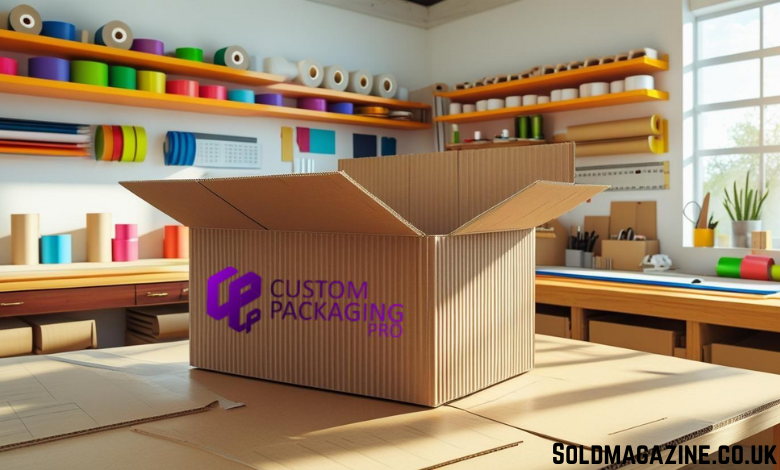
Creative Subheadings for Engagement
Cardboard Boxes in Retail Packaging
Retailers use custom cardboard boxes with brand logos and creative designs to differentiate themselves. Whether it’s apparel, electronics, or cosmetics, an attractive box adds value to the unboxing experience.
Shipping and E-Commerce Growth with Cardboard Packaging
The eCommerce boom has made corrugated cardboard boxes indispensable. Sturdy designs prevent product damage during transit, and businesses prefer them for bulk shipping.
Warehousing & Storage Solutions
Companies also depend on archive and storage boxes for organising documents and bulk inventory. Their stackability makes them highly efficient for warehouse operations.
Sustainability and Consumer Expectations
With growing awareness of climate change, US consumers expect businesses to reduce plastic use. Kraft and recycled cardboard packaging has become a go-to solution for sustainable practices.
Competitor Landscape in the US Market
Several suppliers dominate the cardboard packaging industry, but their focus varies:
- Uline – Known for wide variety and quick delivery, but limited in terms of customisation.
- Packlane – Offers design flexibility, but pricing is higher for bulk orders.
- Pratt Industries – Strong in recycled cardboard production, but more focused on large corporations.
In contrast, Custom Packaging Pro gives businesses a competitive edge with:
- Affordable bulk pricing.
- Flexible design and custom printing.
- Durable eco-friendly materials.
- In-house designer support for branding and logo placement.
Use Cases of Cardboard Boxes
- E-Commerce – Protecting products during nationwide shipping.
- Retail Stores – Attractive custom packaging that doubles as marketing.
- Food Industry – FDA-compliant boxes for bakery, takeaway, and groceries.
- Healthcare & Pharma – Secure packaging for medicines and medical supplies.
- Corporate Offices – Archive boxes for documents and storage.
- Event Planners – Branded cardboard boxes for giveaways and promotional kits.
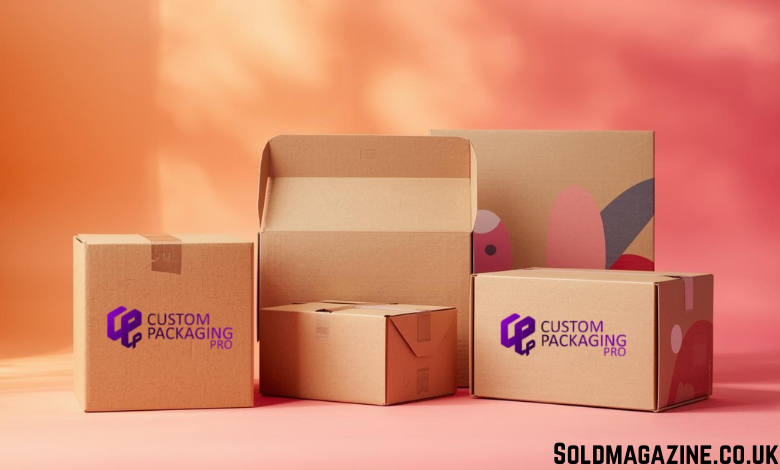
Frequently Asked Questions
Q1: What are the most common types of cardboard boxes?
A: Regular slotted cartons, corrugated shipping boxes, mailer boxes, and archive boxes are widely used.
Q2: Can businesses customise cardboard packaging?
A: Yes, companies like Custom Packaging Pro provide full customisation in size, shape, and design.
Q3: Are cardboard boxes recyclable?
A: Yes, most cardboard packaging is recyclable and biodegradable, making it eco-friendly.
Q4: Which industries rely most on cardboard packaging?
A: E-commerce, retail, healthcare, food, and corporate sectors are the top users.
Q5: What packaging laws apply to cardboard boxes?
A: Boxes must comply with FDA guidelines, FTC labelling rules, and state-specific recycling laws.
Q6: How do bulk cardboard box orders benefit businesses?
A: Bulk orders reduce costs, maintain packaging consistency, and ensure timely supply.
Q7: What sizes are available in cardboard boxes?
A: Standard small, medium, large, and extra-large options are common, but custom dimensions are available.
Q8: What makes Custom Packaging Pro a better choice?
A: Their services include eco-friendly materials, competitive pricing, and branding support.
